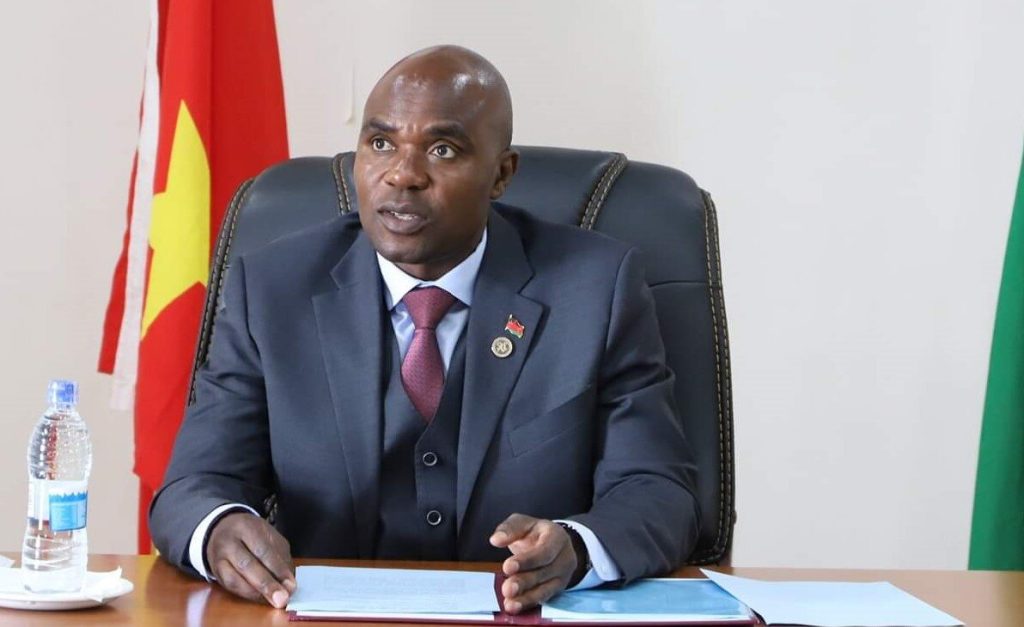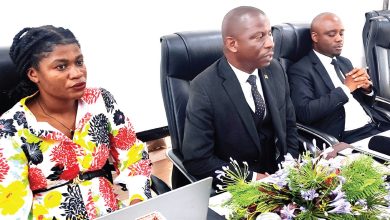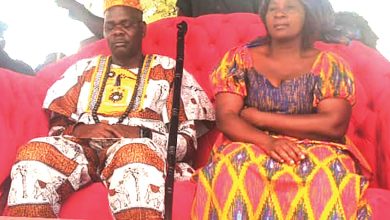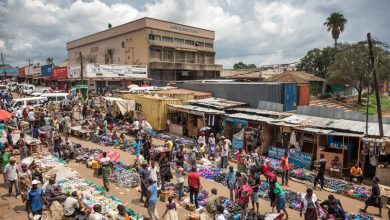Opposition, committee rip up budget
There was heated debate on the 2025/26 Mid-Term Budget Review Statement in Parliament yesterday as opposition spokesperson on Finance Eisenhower Mkaka and Budget and Finance Committee chairperson Sosten Gwengwe sharply criticised the government’s new tax measures.
The two, who turned out to be the most influential voices in the House, cautioned that the revised fiscal plan risks choking households, weakening businesses and undermining economic recovery.

Speaking with a mix of urgency and controlled indignation, Mkaka delivered a fiery 36-minute critique, six minutes beyond his allotted time, arguing that the revised tax regime risks deepening the hardship already faced by millions of Malawians that are battling spiralling inflation and falling purchasing power.
He said the decision to raise the Value Added Tax from 16.5 percent to 17.5 percent was nothing short of “a direct attack on the cost of living”, warning that the measure will push the price of basics beyond the reach of struggling families.
Said Mkaka: “The poor do not eat history; they eat food. And that food has just become unaffordable to our grandmothers at Masambanjati, Nkhamenya and so many places across this country.”
The introduction of a 0.05 percent levy on bank and mobile transfers, he argued, would push citizens back into informality, describing it as “a tax on the movement of money itself ” that punishes villagers receiving remittances, small traders going cashless and the unbanked seeking financial inclusion.
Jeers from the government side punctuated his presentation, but Mkaka—a former foreign affairs minister in the immediate previous Malawi Congress Party (MCP) led government pushed on, warning that the revenue strategy will “choke households, suffocate business activity and bring the economy to its knees.”
He urged the administration to pursue a growth-driven revenue approach centred on production, digitised tax systems and reduced leakages rather than what he described as “scraping pennies from the pockets of the destitute.”
If Mkaka’s remarks were the emotional peak, Gwengwe’s intervention offered a sober, technocratic counterpoint grounded in fiscal realism.
Speaking for 32 minutes, and earning applause from both sides of the House, the former finance minister under the Lazarus Chakwera administration said Malawi’s tight fiscal space demands discipline, not populism.
He noted that recurrent expenditure has surged to 77.6 percent of the budget while development spending has been revised downwards, despite the nation’s urgent need for infrastructure, export-oriented investment and long-term growth drivers.
S t a t e d Gw e n g w e : “Whatever we collect as a nation is only enough for four votes. This is how urgent and serious the issue of fiscal space is.”
He warned that domestic borrowing, now projected to reach K2.94 trillion by year-end, is crowding out the private sector, pushing up interest rates and escalating inflation risks.
Gw e n g w e a d v i s e d that government must avoid expanding welfare commitments when the fiscus “cannot sustainably finance” such ambitions.
“This is not the time to drift towards a welfare state that promises more than the economy can sustain,” he said. The committees recommended a comprehensive VAT reform, strengthened rental income tax enforcement through a national digital addressing system and a more aggressive export-diversification agenda.





